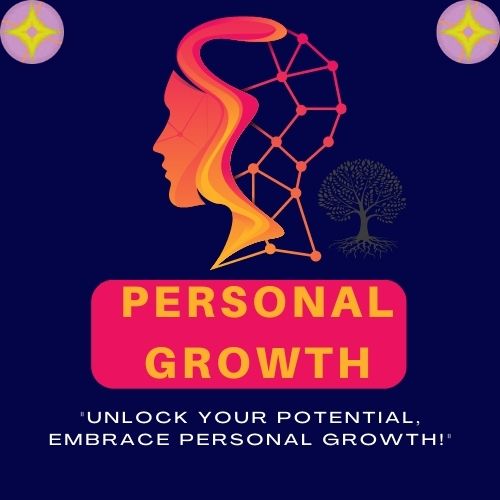Introduction to the Role of Self-Reflection in Personal Development
Self-reflection plays a crucial role in personal development because it enables individuals to gain deeper insights into themselves, their experiences, and their growth. By taking the time to reflect on their thoughts, feelings, and actions, individuals can identify patterns, strengths, and areas for improvement. Self-reflection fosters self-awareness, allowing individuals to understand their values, motivations, and goals more clearly. It helps individuals learn from past experiences, make better decisions, and develop a greater sense of purpose. Through self-reflection, individuals can assess their progress, set meaningful goals, and adjust their actions accordingly. It also facilitates personal growth by promoting introspection, self-accountability, and the ability to make intentional changes. Overall, self-reflection serves as a powerful tool in personal development, empowering individuals to become more self-aware, make conscious choices, and continually evolve toward their full potential.
In the fast-paced world, we live in, it's easy to get caught up in the constant whirlwind of responsibilities, commitments, and expectations. With our minds constantly racing and our schedules jam-packed, we often neglect to take the time to reflect on our own personal growth and development. However, self-reflection is a powerful tool that can greatly enhance our journey toward self-improvement and success.
What is Self-reflection?
Self-reflection is the process of stepping back from the chaos of everyday life and taking a deep dive into our thoughts, feelings, and experiences. It involves introspection and self-awareness, allowing us to gain a better understanding of ourselves and the world around us. Through self-reflection, we can identify our strengths and weaknesses, uncover patterns of behavior, and discover areas for growth and improvement.
The Benefits of Self-reflection:
One of the key benefits of self-reflection is gaining clarity. When we take the time to reflect on our goals, values, and aspirations, we can align our actions with our true desires. It helps us understand what truly matters to us and what steps we need to take to move closer to our ideal selves. By asking ourselves thought-provoking questions and engaging in deep introspection, we can make informed decisions and set meaningful goals that resonate with our authentic selves.
Self-reflection also cultivates self-awareness, which is crucial for personal development. It allows us to recognize our emotions, thoughts, and behaviors in the present moment. With self-awareness, we can identify negative patterns or habits that may be holding us back and make necessary changes. By understanding our triggers and motivations, we can develop healthier coping mechanisms and adopt more positive attitudes. Self-awareness is the foundation upon which personal growth is built.
How self-reflection provides opportunities:
Moreover, self-reflection provides an opportunity for learning and growth. When we reflect on our past experiences, we can extract valuable lessons and insights. By examining our successes and failures, we can identify what worked and what didn't, and use that knowledge to make better choices in the future. Self-reflection also encourages a growth mindset, where we view challenges as opportunities for learning and development. It allows us to embrace change and adapt to new circumstances with resilience and determination.
In addition to individual growth, self-reflection fosters stronger relationships with others. By understanding ourselves better, we can empathize with and understand the perspectives of those around us. It promotes effective communication and emotional intelligence, as we become more attuned to our own emotions and the impact our words and actions have on others. Through self-reflection, we can cultivate deeper connections, resolve conflicts more effectively, and build more fulfilling relationships.
So, how can we incorporate self-reflection into our daily lives? It begins with carving out dedicated time for introspection. This can be done through journaling, meditation, or simply finding a quiet space to reflect. Engaging in meaningful conversations with trusted friends or mentors can also provide valuable insights and perspectives. Additionally, seeking feedback from others and being open to constructive criticism can aid in self-reflection and personal growth.
Conclusion of reflection about personal development:
In conclusion, self-reflection plays a vital role in personal development. It empowers us to gain clarity, cultivate self-awareness, and learn from our experiences. By incorporating self-reflection into our lives, we can make intentional choices, grow as individuals, and foster stronger connections with those around us. So, take a moment to pause, reflect, and embark on a journey of self-discovery and transformation. The rewards will be endless.


